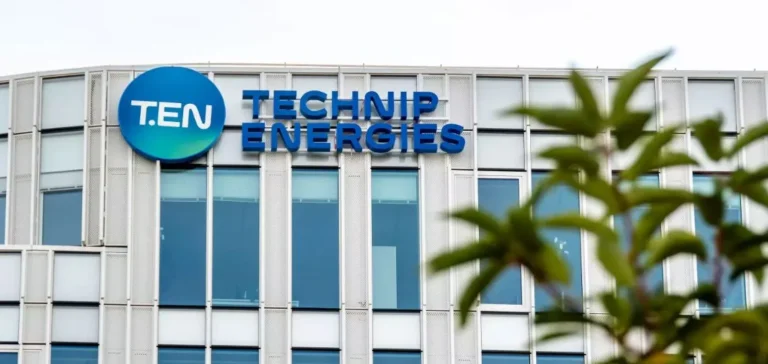Technip Energies, an engineering group based in Paris, announced that it has won a contract covering the preliminary design of a floating liquefied natural gas (FLNG) unit on the African continent. The contract, which remains valid until September 30, 2025, marks a new step for the company in the African natural gas market. According to the company, this is a key project aimed at supporting the development of energy infrastructure in the region. The contract value has not been disclosed at this stage.
Technip Energies, recognised player in the FLNG market
Technip Energies has established expertise in delivering floating liquefied natural gas units. To date, the company has delivered three operational FLNG units worldwide, representing a total capacity of 8.2 mn tonnes per year. Previous projects include PFLNG SATU in Malaysia, Prelude FLNG in Australia and Coral Sul FLNG in Mozambique. These installations enable the production, storage and transfer of liquefied natural gas directly at sea, avoiding the need for onshore infrastructure.
Deployment in Africa and gas market outlook
The signing of this contract confirms growing interest in floating liquefaction technologies in Africa. FLNG installations are considered by companies for their ability to access offshore reserves and accelerate the commercialisation of natural gas. According to Technip Energies, regional demand for such installations remains supported by the search for new export opportunities.
Contract duration and activity schedule
The contract awarded to Technip Energies covers the preliminary works phase until the end of September 2025. This stage notably includes technical planning and project feasibility studies. The company has not disclosed the client’s identity or the exact location of the floating unit on the African continent. According to data published by Technip Energies, the FLNG project portfolio remains a strategic development focus for the company.
The group’s technical capability in the liquefied natural gas sector is demonstrated by the previous delivery of complex units and the securing of long-term contracts. A Technip Energies spokesperson stated that “the company’s expertise in the FLNG field continues to support its international ambitions”, according to a statement released by the group.






















